Ok guys, let's break down how decentralized DeFi (Decentralized Finance) is into three levels: centralized, semi-decentralized, and completely decentralized.
- Centralized: This is the least decentralized category. In this type, a central authority or company has a lot of control. They hold your assets (like a bank), decide interest rates, and provide liquidity. Examples include Salt, BlockFi, Nexo, and Celsius.
- Semi-Decentralized: Here, it's not all controlled by one central authority. Instead, some parts are decentralized. For instance, they don't hold your assets, use decentralized price data, and allow actions like margin calls without needing permission. However, some aspects, like determining interest rates, still have some central control. Examples are Compound, MakerDAO, dYdX, and bZx.
- Completely Decentralized: This is the most decentralized level where every part of the system is decentralized. But right now, there aren't any DeFi protocols that are entirely in this category. They all have some centralized aspects.
Currently, most DeFi apps fall into the semi-decentralized category, meaning they have some decentralization, but they're not fully there yet.
DeFi Key Categories Simplified:
1. Stablecoins: Cryptocurrencies like Bitcoin can have wild price swings, which makes them tricky to use for everyday transactions. So, stablecoins were made to solve this problem. These coins are tied to stable assets like the US dollar, so their value doesn't jump around much.
For example, Tether (USDT) is a stablecoin that's linked to the value of $1. They say they have $1 in a bank for every USDT they create. But there's a catch: you have to trust that they actually have all that money in the bank.
Now, there are also decentralized stablecoins. These are a bit different because they don't rely on trust. They use a method where they have more value locked up as collateral than the coins they create. Plus, they work on decentralized computer networks and are managed by decentralized groups. This means anyone can check and make sure they really have the money they claim to have.
Stablecoins are important because they make DeFi (Decentralized Finance) easier for everyone. They provide a stable way to store value, which is crucial for using DeFi apps without worrying about sudden changes in value.
2. Lending and Borrowing :
In regular banking, you usually need a bank account, a good credit history, and something valuable to back up a loan. But not everyone has these things; about 1.7 billion people don't even have bank accounts.
Now, in the world of decentralized finance (DeFi), things work differently. You don't need a bank account, and nobody checks your credit score. Instead, you can use your digital assets as collateral to get a loan. So, if you have some cryptocurrency, you can put it up as security and borrow money against it.
The cool part is, you can also make your digital assets work for you. You can add them to a lending pool, and others can borrow them, paying you interest. It's like you become a mini-bank.
So, DeFi lending and borrowing are all about making financial services accessible to everyone, no bank account or credit check needed.
3. Exchanges :
When you want to swap one cryptocurrency for another, you often use services like Coinbase or Binance. These are called centralized exchanges because they act as both the middlemen and the guardians of your digital assets. But here's the catch: when your assets are on these exchanges, you don't have full control over them. If the exchange gets hacked or runs into financial trouble, your assets could be at risk.
Now, there are decentralized exchanges (DeFi exchanges) that tackle this problem. They let you trade cryptocurrencies without giving up control of your coins. Your assets stay in your own digital wallet, not on the exchange. This means you don't have to rely on the exchange's financial health. If it gets hacked or has issues, your assets are safe in your wallet. So, decentralized exchanges aim to give you more control and security when you're trading cryptocurrencies.
4. Derivatives :
Derivatives are like special agreements that get their value from something else, like stocks, gold, or even the weather. They're like bets on the future value of these things.
Imagine you make gloves, and you're worried that the cost of rubber might suddenly go up, which would hurt your profits. To protect yourself, you could make a deal with your rubber supplier. You agree today to buy a certain amount of rubber from them at a fixed price on a future date. This deal is a type of derivative called a futures contract. It helps you avoid losing money if rubber prices go crazy in the future.
So, derivatives are like financial tools that people use to manage risks and make sure they don't lose out when prices change unexpectedly.
5. Fund Management :
Fund management is like taking care of your money and making it grow. It involves two main ways: active and passive.
Active management is when a team of experts decides where to invest your money to try and beat a specific goal, like doing better than the S&P 500, which is a measure of how the stock market is doing.
Passive management doesn't need a team of experts. It's set up to copy or mimic how a certain benchmark or measurement, like the S&P 500, is doing. It's like putting your money on autopilot to follow the market.
Now, in DeFi (Decentralized Finance), some projects let you do this fund management thing in a way that's very open and clear. You can easily see how your money is being handled and what it costs you. It's all very transparent and easy to understand.
6. Lottery :
In the world of DeFi (Decentralized Finance), some cool ideas are coming up, making things fairer and removing middlemen. One of these ideas is applying DeFi to lotteries.
Here's how it works: Instead of someone holding onto all the money for the lottery, it's put into a special computer program on the Ethereum Blockchain. This program is like a digital contract that does the job of the custodian (the person who usually holds the money).
Now, because DeFi is flexible, you can connect different DeFi apps together. For example, you can link a simple lottery app with another DeFi app that lets people pool their money. This pooled money is then used in another DeFi app for lending, and the interest it earns becomes a prize for a random winner at a certain time.
Here's the best part: when a winner is picked, everyone who bought lottery tickets gets their money back. So, no one loses in this kind of lottery. It's a way to have fun and maybe win something without risking your money.
7. Payments :
DeFi is still new, and people are coming up with all sorts of clever ideas to make payments better and fix the issues we see in the current financial system.
8. Insurance :
Insurance is like a safety net that people use to protect themselves from unexpected bad things happening. You pay a company some money (called a premium), and in return, they promise to give you money if something goes wrong, like if your car gets damaged, your house is destroyed, you get sick, or if you pass away.
Now, in the world of DeFi (Decentralized Finance), where people use smart contracts (like digital agreements) to handle their money, there's a risk. If something goes wrong with a smart contract, you could lose your money, and there's no one to complain to.
So, just like you buy insurance for your car or health, some people want to buy insurance for their DeFi investments. This insurance would give them money back if there's a problem with a smart contract, like a hack. It's a way to protect your funds when you're dealing with a lot of money in DeFi.
9. Governance :
Think of governance in the crypto world like running a business. To make decisions about how a DeFi project should work, we often use something called "governance tokens." These tokens are like voting tickets that users get, and they allow users to have a say in how the project should progress.
It's a bit like shareholders in a company voting on important decisions. To make this governance process easier, people have also created tools and apps to help with the voting and decision-making. So, it's like a way for everyone involved to have a say in how things should be done in the crypto project.
TL;DR :
- Decentralization Levels: DeFi (Decentralized Finance) has varying degrees of decentralization: centralized, semi-decentralized, and completely decentralized. Most DeFi apps currently fall into the semi-decentralized category.
- Stablecoins: These are cryptocurrencies linked to stable assets like the USD, reducing price volatility. Some are centralized (like USDT), while others are decentralized and trustless.
- Lending and Borrowing: In DeFi, you can borrow and lend money using digital assets as collateral, without needing a traditional bank account or credit check.
- Exchanges: Traditional exchanges are centralized, meaning they control your assets. DeFi exchanges let you trade without giving up control of your coins, making it more secure.
- Derivatives: Derivatives are contracts based on the value of other assets. They're used for risk management. For example, a glove maker might use them to protect against rising rubber prices.
- Fund Management: This involves overseeing investments. DeFi allows for both active (expert-managed) and passive (automated) fund management, making it transparent and accessible.
- Lottery: DeFi is making lotteries fairer by removing the need for a middleman and using smart contracts. You can even link lotteries with other DeFi apps to create innovative financial products.
- Payments: DeFi is experimenting with new payment methods, including continuous streams of payments, which could be more precise and efficient than traditional transactions.
- Insurance: DeFi insurance is like a safety net for your digital assets, protecting against losses due to smart contract exploits or hacks. It's essential for those dealing with significant sums in DeFi.
- Governance: Governance tokens in DeFi give users a say in how projects are managed. Tools and apps help facilitate decision-making and complement existing systems.
All of this info was put togheter by me in a simplified way with the help of the How to Defi book book from Coingecko. Hope it made it easier for some people to understand those concepts.
[link] [comments]

You can get bonuses upto $100 FREE BONUS when you:
💰 Install these recommended apps:
💲 SocialGood - 100% Crypto Back on Everyday Shopping
💲 xPortal - The DeFi For The Next Billion
💲 CryptoTab Browser - Lightweight, fast, and ready to mine!
💰 Register on these recommended exchanges:
🟡 Binance🟡 Bitfinex🟡 Bitmart🟡 Bittrex🟡 Bitget
🟡 CoinEx🟡 Crypto.com🟡 Gate.io🟡 Huobi🟡 Kucoin.



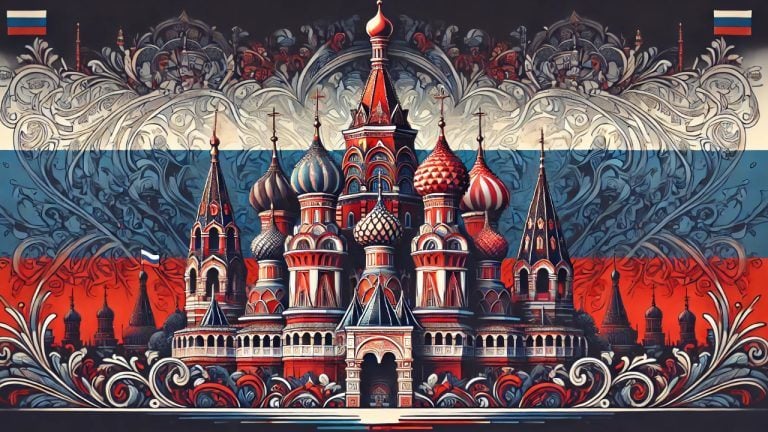

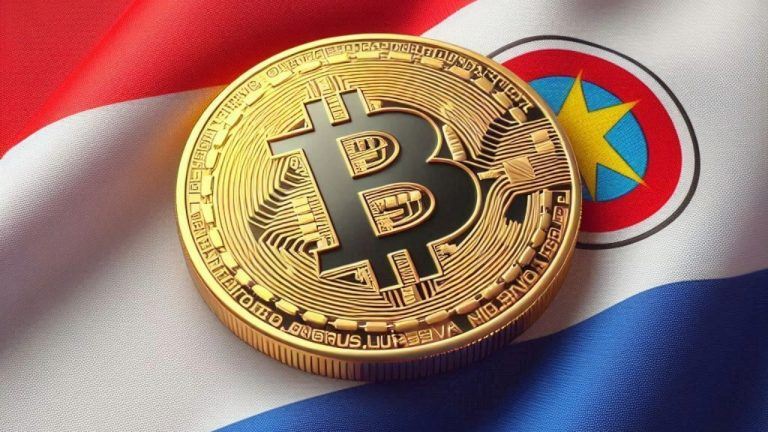

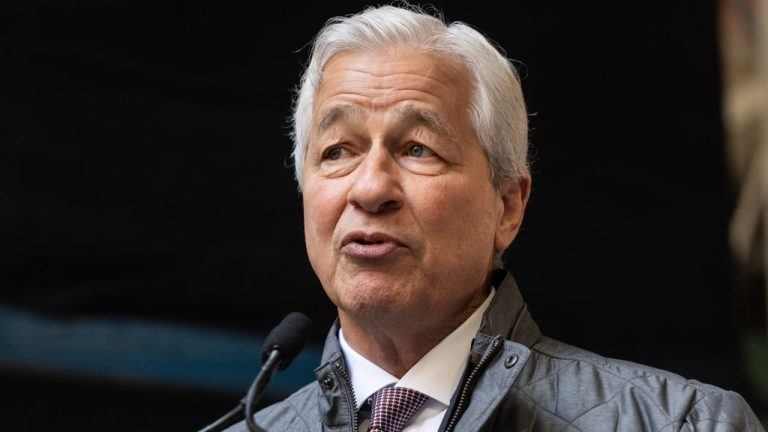
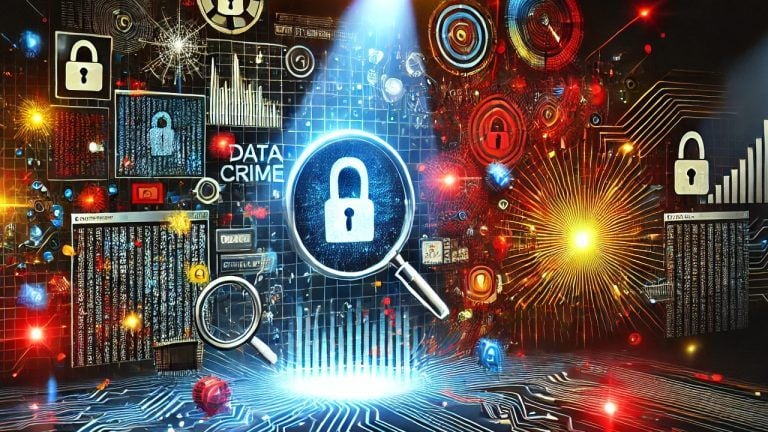
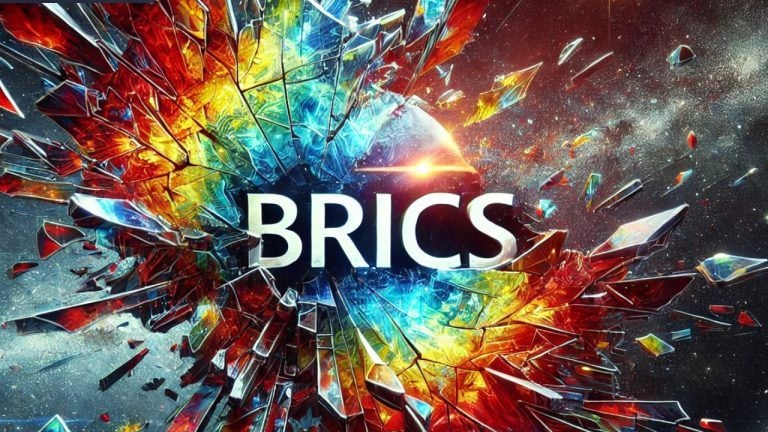
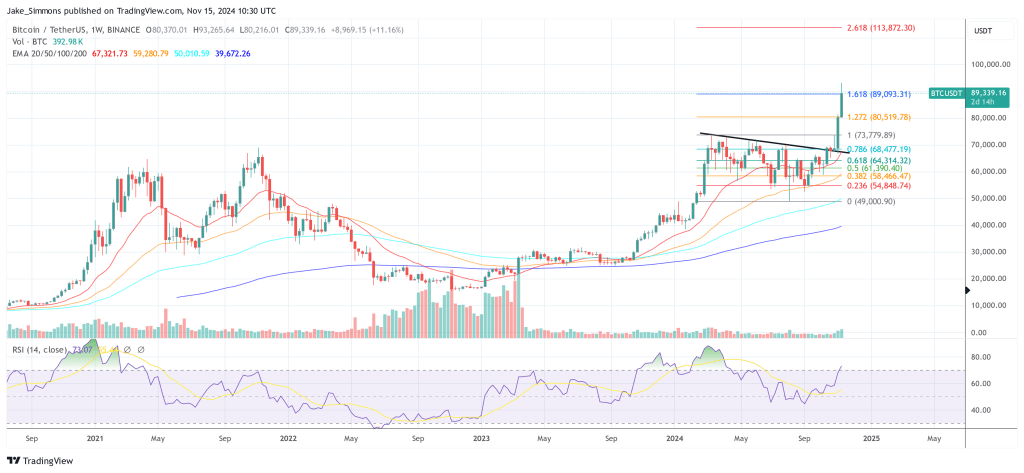

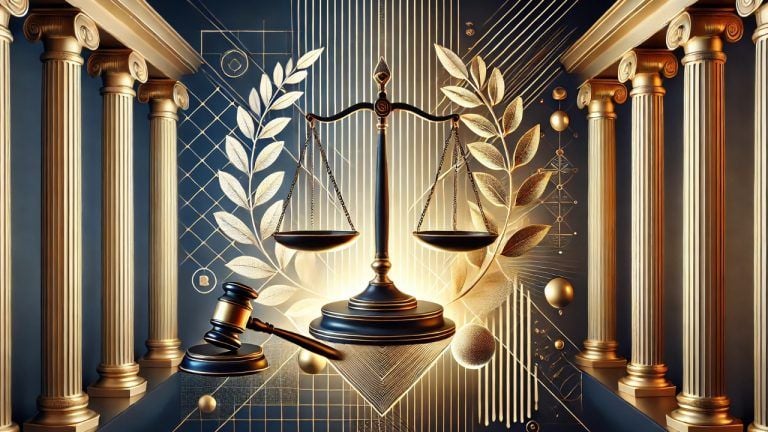

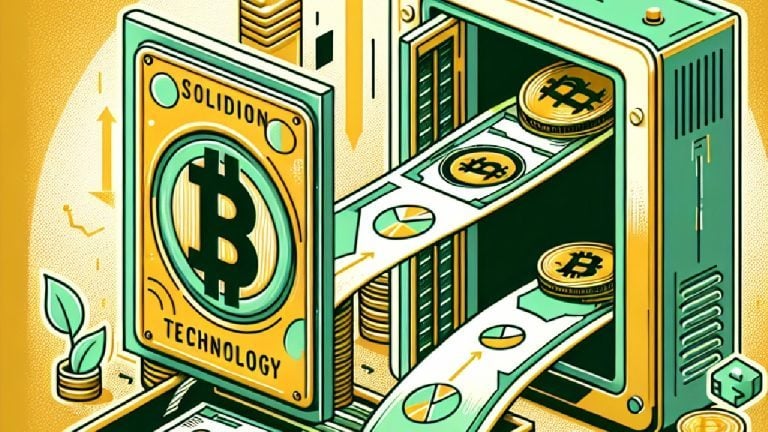


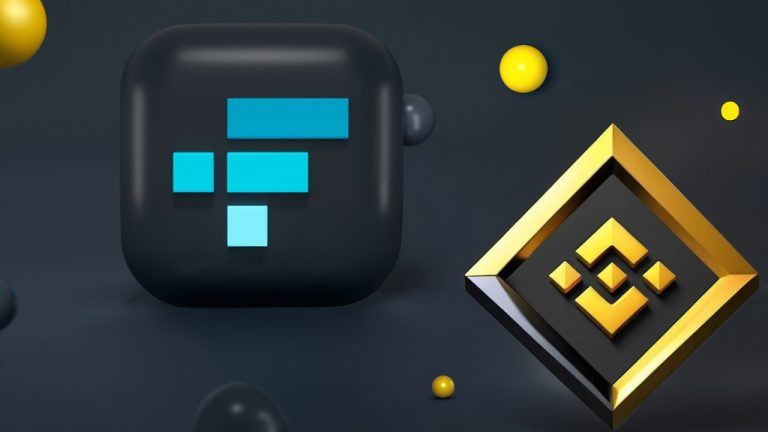
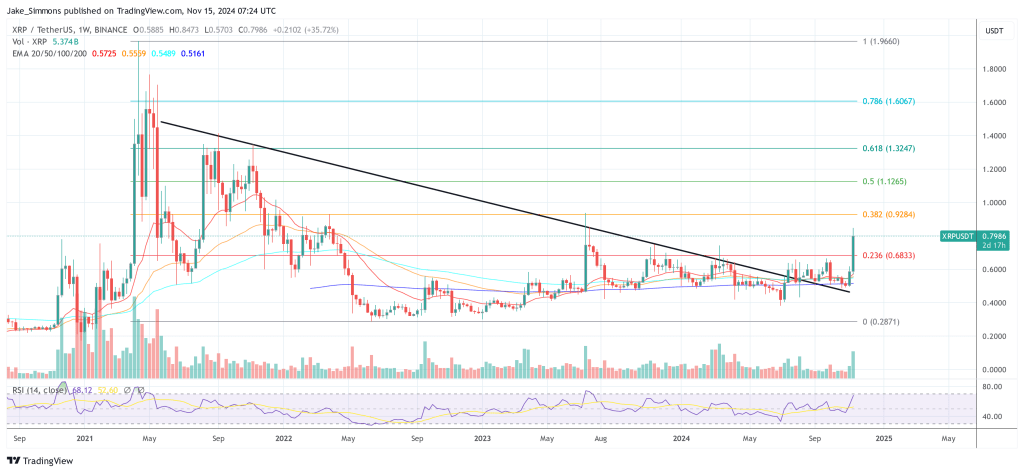

Comments